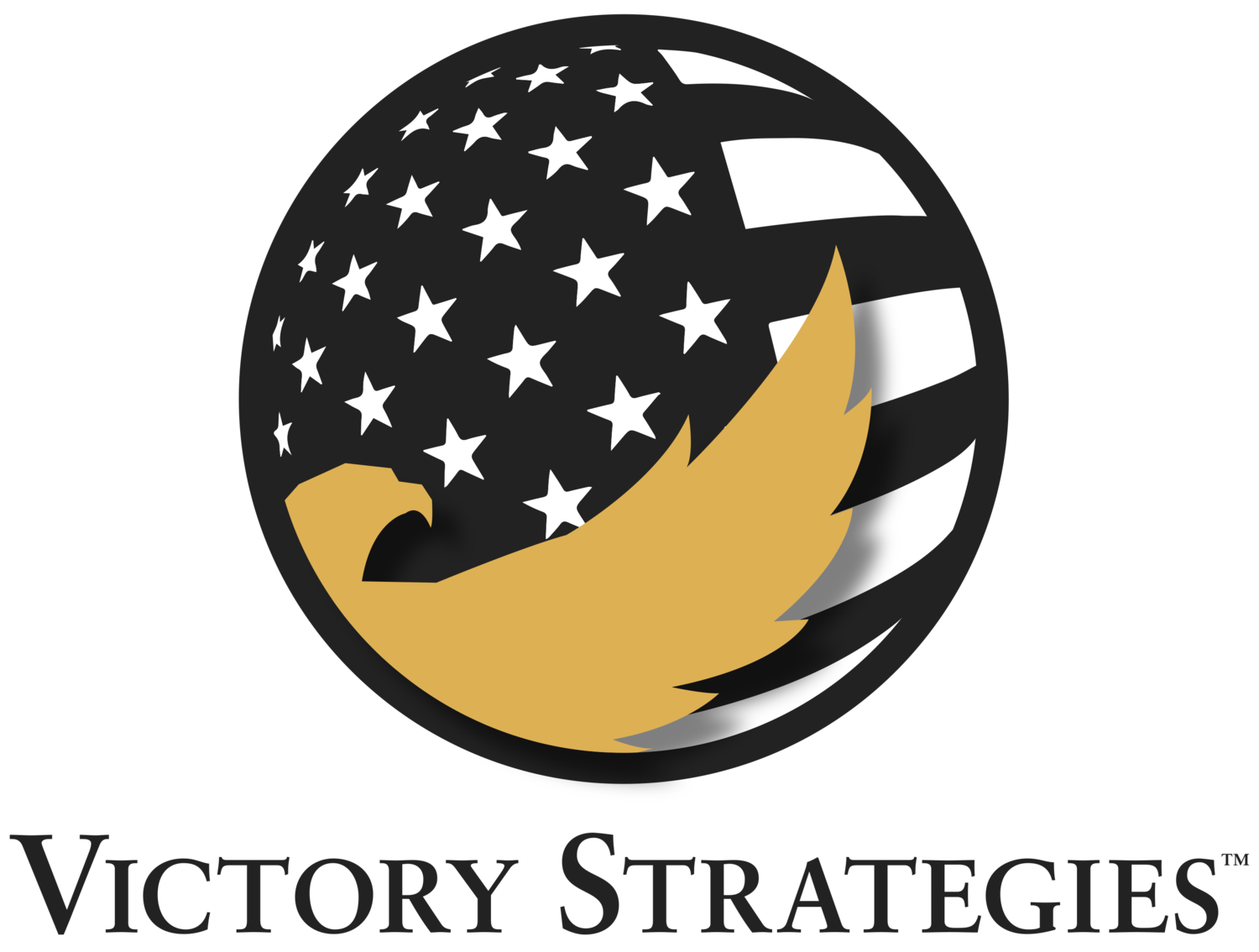In 2011, Marvel’s comic series Captain America depicted the modern-day ultimate selfless, sacrificial act of jumping on the grenade when Steve Rogers covered a dummy grenade to save his fellow soldiers. He did not know that the lead trainer and assessor threw a dummy grenade. He possessed the key qualities that the senior leader, Colonel Phillips, desired – courage and self-sacrifice. While this dramatic visual vignette highlights these qualities and key elements that contribute to a leader’s character assessment, thankfully, few teammates or leaders ever must prove these qualities through such a mortal test. And yet, most leaders will face tests of their character and willingness to jump on a grenade throughout their professional lives. Leaders prove their courage, character, and willingness to sacrifice for the team to supervisors, peers, and junior teammates…or do not.
During my first military assignment after flight school, I deployed to South Korea, eager to apply my new, albeit rudimentary, flight skills. Most new Army aviation Lieutenants look forward to an opportunity to fly, lead a platoon of Soldiers, and manage costly, US-taxpayer-provided aircraft and equipment. Cadre mentors and leaders tell Cadets and Lieutenants that they should expect this experience and that they will love it. These leaders do not tell young officers they should also expect deviations from this rosy, high-adventure activity. While still in flight school, I received notification from our human resources organization that I should expedite my post-flight school movement to South Korea, as the organization lacked officers with my aircraft type rating and that I should expect to move right into a platoon. Upon arrival, I learned that I was in fact the seventh excess officer with my type rating and that I might not fly during the year-long tour. Similar to most new leaders who expect to perform a role only to learn otherwise, this was deflating. To make it worse, the organization assigned me to the maintenance company as an executive officer, charged with maintaining aircraft, on which I had no type rating or experience. I immediately discovered that I would “fall on the grenade.”
The organization’s Executive Officer (XO) called me into his office to inform me that I would audit the high-dollar aviation parts, including Blackhawk helicopter engines and transmissions. According to the XO, the unit received unexplained charges for parts that it did not order nor receive, valued at over $10 million. I can only imagine the expression on my eager face, which must have indicated genuine disgust and disappointment. I believed that he called me to his office to offer me a platoon earlier than I expected, not that I would suffer through endless weeks of spreadsheet analysis. Nonetheless, I recognized the importance to the team and the opportunity to provide value. I saluted and responded with a “roger that.”
I poured myself into this audit project every day during the subsequent six weeks. We lacked the computer database analytics common today, requiring me to wade through reams of dot-matrix printer paper, undecipherable codes, and entries that did not make sense. I discovered over $4 million in incorrect charges. I presented my findings to our organization's and headquarters' leaders two levels up from ours. After being credited for the errors, the Division Headquarters reallocated the money to an entirely different, non-aviation organization. In addition to my disappointment at my assignment, the reallocation of funding to an altogether different unit stung more. However, it allowed me to gain visibility in front of senior leaders, demonstrate my willingness to accept any undesirable task, and achieve results in a process I knew nothing about. It highlighted that my contribution to a smaller team led to the success of the larger organization. I did not perform the work with any personal gain in mind, but it resulted in an award and movement into a platoon leadership position about six months into my assignment.
In addition to lessons in teamwork, selfless service, contribution to the larger organization, and being rewarded for seemingly thankless work, this experience provided me an important lesson on leadership. My commanders, supervisors, and the XO did not desire to compel me to take this task versus flying and leading a group of Soldiers, but they had a challenging task to accomplish. They recognized that I had the capacity, potential, and opportunity to learn. They empowered me to perform work that would demonstrate their credibility. I learned about the organization’s systems, processes, weaknesses, and opportunities. I learned about the people on whom I could rely on and proved to be true teammates. I gained a genuine respect and appreciation for several officers I interacted with and on whom I would depend on several more times in my career.
I later tested other officers in similar situations. Some declined or expressed dissatisfaction with what they saw as seemingly menial tasks. These same officers found reasons to avoid the work. Although they may have had impressive experiences, ratings, and reports, they did not tend to stand out compared to their peers. I aimed to reward officers who accepted difficult and thankless tasks with desirable assignments and career-advancing opportunities.
Jumping on the audit challenge was not what I wanted or expected, nor did I possess expertise in that area. However, it offered a way to test and evaluate my character in front of my team and leaders. I gained significant insights into my organization, its leaders, business practices, and whom I could trust. This kind of evaluation occurred repeatedly throughout my professional career, as it does for many leaders. Each instance presents an opportunity to demonstrate your character, expertise, and dedication to the team.
Authored By: Matt Weinshel, Director
Photo Credit: https://screenrant.com/marvel-confirms-captain-america-jumps-grenades-comics/
